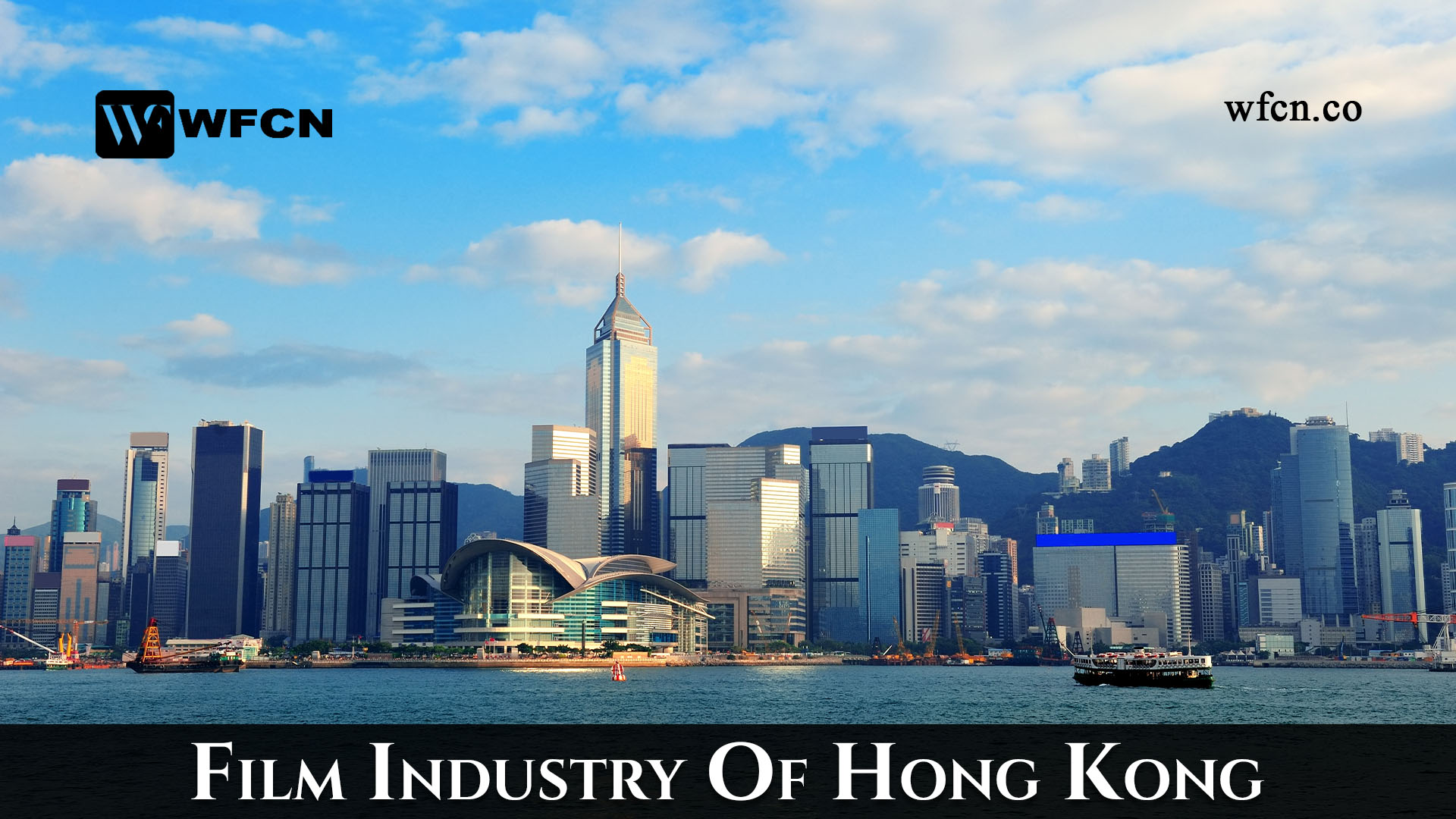Film Industry of Hong Kong
The Film Industry of Hong Kong is one of the three major threads in the history of Chinese Language Cinema, alongside the Films of China and the Films of Taiwan. As a former British colony, Hong Kong had a greater degree of political and economic freedom than Mainland China and Taiwan and developed into a Filmmaking Hub for the Chinese-speaking World (including its worldwide diaspora).
The Hong Kong Film Industry began to flourish in the 1950s and 1960s, with the production of Martial Arts Films, Dramas and Comedies. In the 1970s and 1980s, the industry gained International Recognition with the rise of action stars like Bruce Lee and Jackie Chan. The 1980s and early 1990s are often considered the Golden Age of Hong Kong Films. During this period, the industry produced iconic Films and Directors like John Woo and Wong Kar-wai gained prominence. These actors contributed significantly to the Global Popularity of Hong Kong Cinema.
Hong Kong Cinema in the World:
For decades, Hong Kong was the Third Largest Motion Picture Industry in the world following US Cinema and Indian Cinema and the Second Largest Exporter. Despite an industry crisis starting in the mid-1990s and Hong Kong's transfer to Chinese sovereignty in July 1997, Hong Kong Film has retained much of its distinctive identity and continues to play a prominent part on the World Cinema Stage. In the West, Hong Kong's vigorous Pop Cinema (especially Hong Kong Action Movies) has long had a strong cult following, which is now arguably a part of the Cultural Mainstream widely available and imitated.
Hong Kong Film derives several elements from Hollywood, such as certain Genre Parameters, a "thrill-a-minute" Philosophy, fast pacing and Film Editing. But the borrowings are filtered through elements from traditional Chinese drama and art, particularly a penchant for stylization and a disregard for Western Standards of Realism. This, combined with a fast and loose approach to the Filmmaking Process, contributes to the energy and surreal imagination that foreign audiences note in Hong Kong Cinema.
Box Office Revenues of Hong Kong Films:
In 2010, the box office gross in Hong Kong was HK$1.339 billion and in 2011 it was HK$1.379 billion. There were 56 Hong Kong films and 220 foreign films released in 2011.In 2017, the box office gross was HK$1.85 billion compared with HK$1.95 billion in 2016. 331 films were released in 2017, dropped from 348 the year before.
In this landscape of pulp, there remained some ground for an Alternative Cinema or Art cinema, due at least in part to the influence of the New Wave. Some New Wave filmmakers such as Ann Hui and Yim Ho continued to earn acclaim with personal and political films made at the edges of the Mainstream.
The second half of the 1980s also saw the emergence of what is sometimes called a "Second Wave". These younger directors included names like Stanley Kwan, Clara Law and her partner Eddie Fong, Mabel Cheung, Lawrence Ah Mon and Wong Kar-wai. Like the New Wavers, they tended to be graduates of Overseas Film Schools and local television apprenticeships and to be interested in going beyond the usual, commercial subject matters and styles.
Cinema of Hong Kong in 21st Century:
As it approaches the third decade of the new millennium, Hong Kong Cinema is experiencing a kind of “post-glamour” phase, revealing more settled and pragmatic ideas in its movies. More recently, big companies have been overtaken by smaller independent players. In 2004, new opportunities for Filmmaking opened after the historic CEPA Agreement with China inspiring a number of Filmmakers to head north to blaze new trails in uncharted waters. Those who chose to stay in Hong Kong adopted a more cautious approach towards their Productions. Greater efforts were made to refine scripts and exercise cost controls. Whether it was a human drama or a Gangster Film, much more emphasis was put into building plotlines and developing character depth. Today, an encouraging industry phenomenon is the devotion and determination of up-and-coming young filmmakers to produce memorable movies. At the same time, the north-bound Filmmakers are continuing to inject new creative energy into Mainland Chinese Projects, resulting in record-breaking Box office Profits. Looking towards the future, the integration of China’s and Hong Kong’s Cinematic Traditions is as inevitable as it is irreversible.
International Influence on Hong Kong Films:
Hong Kong Cinema has had a profound impact on Global filmmaking. Martial Arts and Action genres, in particular, have influenced Hollywood and other film industries worldwide. Directors like John Woo and Tsui Hark gained international acclaim for their unique Visual styles and Storytelling Techniques.
International Market for Films:
Hong Kong Film Industry was one of the few in the world that thrived in the face of the increasing Global Dominance of Hollywood. Indeed, it came to exert a comparable dominance in its own region of the world. The regional audience had always been vital, but now more than ever Hong Kong Movies filled Theatres and Video shelves in places like Thailand, Singapore, Malaysia, Indonesia and South Korea. Taiwan became at least as important market of Hong Kong films as the local one; in the early 1990s the once-robust Taiwanese Film Industry came close to extinction under the onslaught of Hong Kong Imports (Bordwell, 2000). They even found a foothold in Japan, with its own highly developed and well-funded cinema and strong taste for American Movies; Jackie Chan and Leslie Cheung were one of the stars who became very popular there.
Challenges for Hong Kong Film Market:
In the late 1990s and early 2000s, the industry faced challenges, including piracy issues, Competition from Hollywood and changing Audience Preferences. Many Hong Kong Filmmakers and actors began working on International Movies, contributing to a decline in the local industry.
The late 20th century saw the emergence of the "Hong Kong New Wave," a movement characterized by more experimental and socially conscious Films. Directors like Wong Kar-wai and Tsui Hark were central figures in this movement.
Hong Kong Film Industry continues to produce a variety of films. Co-productions with Mainland China have become more common, allowing Filmmakers to access a larger market. Notable directors such as Johnnie To, Stephen Chow, and Fruit Chan continue to contribute to the industry.
Hong Kong hosts the Hong Kong Film Awards, an annual event that recognizes outstanding achievements in the Local Film Industry.





